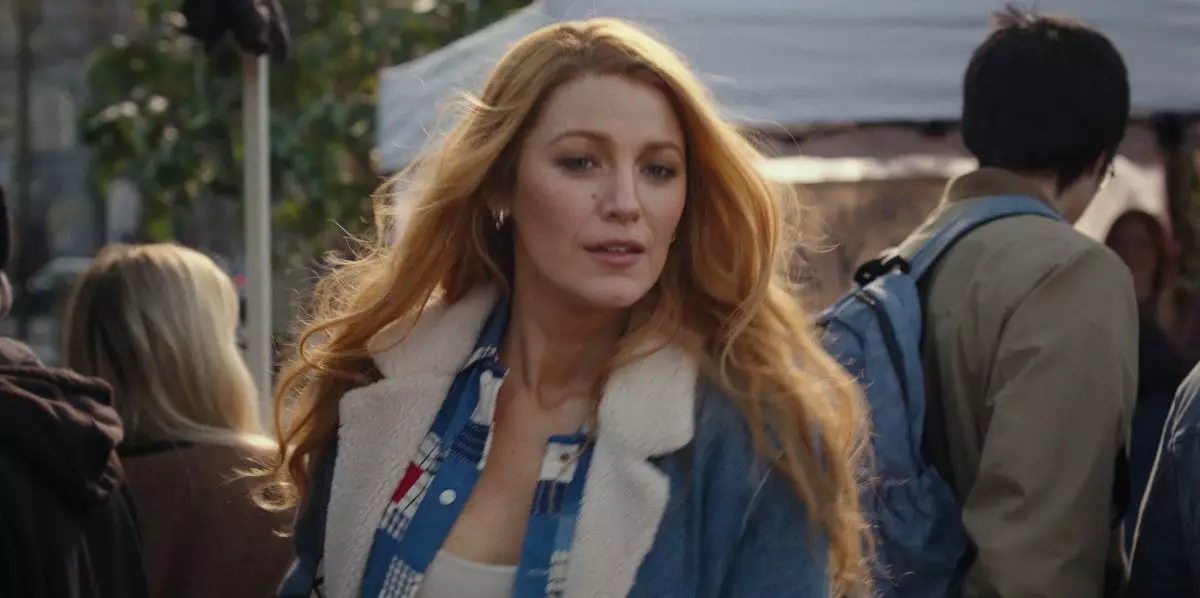The phenomenon of BookTok has taken the literary world by storm, propelling novels like Colleen Hoover’s “It Ends With Us” to international fame. The transition from page to screen is an exciting journey for fans, as they eagerly anticipate seeing their favorite characters and storylines come to life in a visual format. With the film adaptation of “It Ends With Us” hitting theaters, the spotlight is on how this beloved book will resonate with audiences in a new medium.
The protagonist, Lily Bloom, portrayed by Blake Lively, is a complex character dealing with a troubled past while striving to build a brighter future. Her romantic entanglements with Ryle Kincaid, played by director Justin Baldoni, and her first love, Atlas, add layers of emotional depth to the narrative. Lively’s portrayal of Lily as a “walking-talking contradiction” showcases the character’s inner turmoil and conflicting emotions, drawing viewers into her journey of self-discovery and resilience.
Justin Baldoni’s decision to age up the characters from the original novel sparked controversy among fans, who were accustomed to a younger version of Lily. Baldoni’s vision of making the story relatable to women of all ages by portraying a more mature protagonist challenges traditional stereotypes and sheds light on the universality of abusive relationships. By delving into the complexities of Ryle’s character, Baldoni aims to humanize the antagonist and emphasize that abuse can affect individuals from all walks of life, regardless of age or status.
With the rise of streaming platforms like Netflix, the release of “It Ends With Us” on the big screen signifies a shift in how audiences consume media. While the theatrical experience offers a sense of cinematic grandeur, the potential for the film to reach a wider audience through online streaming platforms opens up new possibilities for engagement and discussion. As the boundaries between literature and film continue to blur, book-to-film adaptations serve as a bridge between two distinct art forms, enriching the storytelling experience for audiences across different mediums.
The adaptation of Colleen Hoover’s “It Ends With Us” exemplifies the power of storytelling to transcend medium and resonate with audiences on a deeper level. Through nuanced character portrayals, directorial choices, and the evolving landscape of digital distribution, book-to-film adaptations offer a dynamic way for viewers to engage with narratives in a visually captivating manner. As the legacy of “It Ends With Us” continues to unfold on screen, it serves as a testament to the enduring impact of literature and cinema on shaping our understanding of human emotions and relationships.

